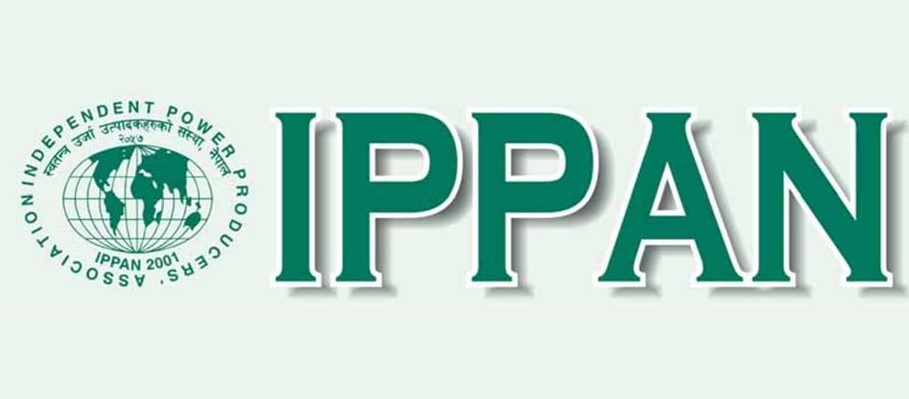KATHMANDU: During a session in the federal parliament’s lower house on Wednesday, Minister for Energy, Water Resources, and Irrigation, Shakti Bahadur Basnet, presented the draft of the new Electricity Bill 2023. This bill centers on promoting competition in the issuance of operating licenses and the development and trade of hydropower projects.
Up to this point, the domestic energy industry has operated in accordance with the Electricity Act of 1993. Stakeholders have consistently called for a revision of the law to bring it in line with contemporary requirements.
The Electricity Bill 2023, which seeks to amend the Electricity Act of 1993, aims to consolidate and modify existing electricity laws. It maintains provisions for granting private sector licenses for electricity trading both domestically and internationally.
However, the new bill stipulates that government-run hydropower projects and affiliated entities won’t have to compete with the private sector in the same market, despite emphasizing private sector participation in electricity trading.
Ganesh Karki, President of the Independent Power Producers’ Association, Nepal (IPPAN), expressed concerns that the bill appears to favor the government over the private sector. He stated, “While it claims to invite the private sector into electricity trading, it essentially relegates them to the lower-priority projects left untouched by government bodies.”
A previous report from the Office of the Auditor General revealed that government-operated hydropower projects are up to three times more costly than those managed by the private sector. Karki emphasized, “Given this context, high-cost government projects may struggle to compete in the international market.”
The proposed bill contemplates delegating authority for managing hydropower projects with a capacity of five megawatts and alternative energy-based production units to local governments.
Provincial governments will oversee projects with capacities up to 25 MW, while the federal government will have jurisdiction over projects exceeding 25 MW.
Prakash Dulal, Deputy General Secretary of the IPPAN, expressed concerns that the bill grants excessive authority to government bodies responsible for licensing hydropower producers, potentially opening the door to manipulation.

